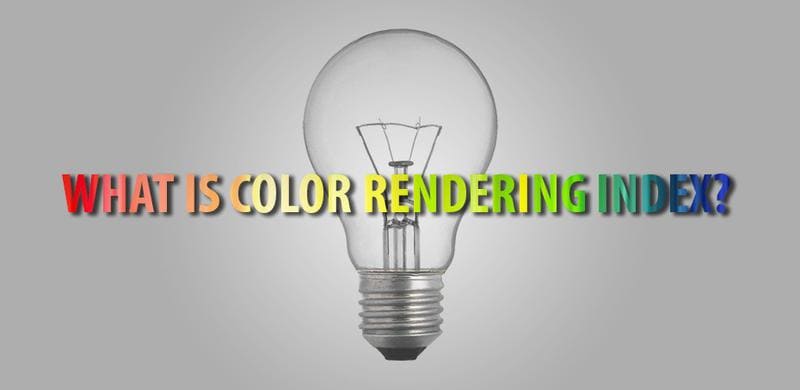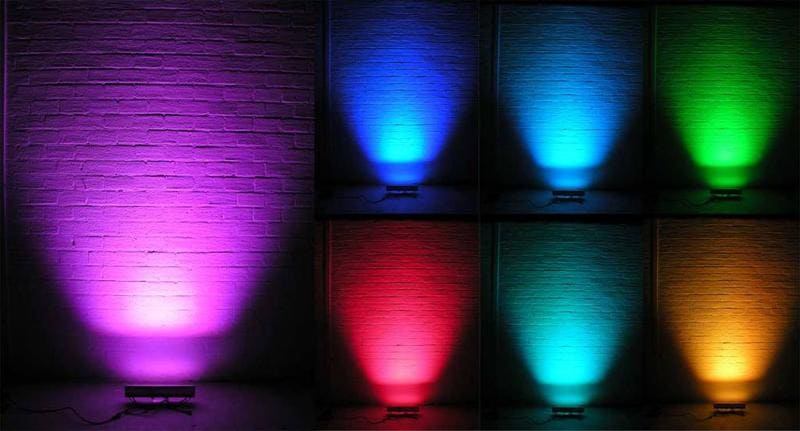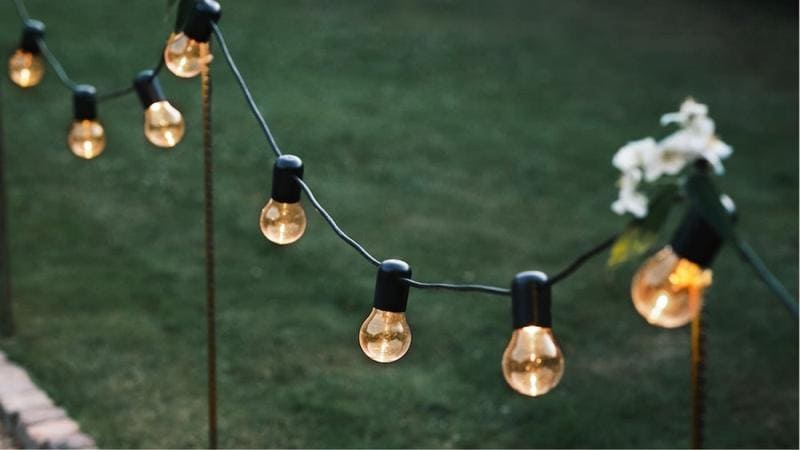n the realm of retail, lighting is often the stealthy superstar that can turn a shopping trip into an unforgettable experience. Nowhere is this more evident than in the sparkling world of jewelry stores, where the right illumination isn’t just about visibility—it’s about transforming every gemstone into a showstopper. The gleam of gold, the twinkle of diamonds, and the allure of colorful gemstones all rely on expertly designed lighting to captivate customers. This guide takes a deep dive into the essential elements of jewelry store lighting design, offering tips that ensure your treasures shine like the stars they are.
The Critical Role of Lighting in Jewelry Stores

Lighting in a jewelry store is not merely functional; it’s an integral part of the shopping experience. The correct lighting design does more than just illuminate—it enhances the aesthetic appeal of your merchandise, guides the customer’s journey through your store, and ultimately influences purchasing decisions. Here’s how:
Amplify Visual Appeal: Proper lighting can elevate the sparkle of diamonds, the richness of gold, and the vibrancy of gemstones. This visual enhancement can be the difference between a passing glance and a committed purchase.
Set the Mood: Lighting isn’t just about making things visible; it’s about crafting an atmosphere. A well-lit jewelry store can evoke a sense of luxury and exclusivity, making customers feel like they’ve entered a treasure trove.
Guide Customer Flow: Strategic lighting can subtly direct customers toward certain areas of the store. Whether it’s highlighting new arrivals or spotlighting a featured collection, lighting can lead customers on a visual journey that maximizes exposure to your merchandise.
Enhance the Shopping Experience: The balance between too bright and too dim is delicate. Lighting should be inviting and comfortable, allowing customers to appreciate the fine details of your jewelry without straining their eyes.
Boost Sales: When jewelry is displayed in its best light—literally—customers are more likely to be enticed to buy. The right lighting can make your pieces appear more desirable and increase the likelihood of a sale.
Fundamental Elements of Jewelry Store Lighting Design
Layered Lighting
Layered lighting is the foundation of effective jewelry store illumination. It involves combining different types of lighting—general, task, and accent—to create a dynamic and versatile lighting scheme. Each layer serves a specific purpose and contributes to the overall ambiance of the store.
General Lighting: This is the ambient lighting that provides overall illumination for the store. It should be bright enough to light up the space, yet soft enough to avoid overpowering the displays. Common options include recessed downlights, track lights, and ceiling fixtures that offer a uniform glow.
Negotium Lucendi: Task lighting is focused illumination for specific areas where detailed work occurs, such as the checkout counter or consultation areas. It is crucial for tasks that require precision, like examining jewelry or processing transactions. Bright, focused lighting ensures that both customers and staff can see clearly and work efficiently.
Accentus Accensus: Accent lighting is all about creating focal points. It highlights specific displays or features within the store, drawing attention to particular pieces of jewelry. Spotlights, cabinet lights, and directional fixtures can be used to accentuate the brilliance of diamonds or the luster of gold, creating visual interest that draws customers in.

Color Temperature
Color temperature plays a pivotal role in how jewelry is perceived. The warmth or coolness of the light can significantly affect the appearance of different materials.
Warm White (3000K to 3500K): This range is ideal for most jewelry, as it enhances the warmth of gold and the richness of colored gemstones. It creates a cozy and inviting ambiance that makes customers feel comfortable.
Cooler Temperatures (4000K and above): Cooler light temperatures are perfect for diamonds and silver, as they bring out the icy brilliance and sharp facets of these materials. This type of lighting can make diamonds sparkle more intensely, attracting customers with its bright, crisp illumination.
CRI (Color Rendering Index)
The Color Rendering Index (CRI) is a measure of how accurately a light source reveals the true colors of objects. In a jewelry store, where color is critical, a high CRI rating (90 or above) is essential.
- High CRI Lighting: This ensures that the colors of gemstones and metals are displayed accurately, allowing customers to see the true beauty of your pieces. When customers are examining fine jewelry, they need to trust that the colors they see are authentic. High CRI lighting helps build that trust, making it easier for them to make purchasing decisions.

Lighting Placement
Where you place your lights is just as important as the type of lights you use. Proper placement ensures that your jewelry is shown in its best light, free from shadows and glare.
Overhead Lighting: Use anti-glare recessed downlights or ceiling fixtures to illuminate your displays from above. This type of lighting provides even coverage without casting harsh shadows, making the jewelry sparkle from every angle.
Display Case Lighting: Install lighting inside display cases to add depth and dimension to your displays. LED light strips and cabinet lights are perfect for this purpose, as they offer bright, focused light that enhances the visibility of your pieces without generating excessive heat.
Localized Lighting
Different types of jewelry have different lighting needs. Customizing your lighting to suit each type of jewelry can enhance their unique qualities.
Diamonds: These gems thrive under bright, focused light that emphasizes their brilliance. High-brightness spotlights are ideal for showcasing diamonds, as they make the facets shimmer with every movement.
Gold and Pearls: These materials benefit from softer, more diffused lighting that brings out their warm, luxurious tones. Avoid harsh light that could wash out their subtle beauty.
Gemstones: Colorful gemstones need lighting that enhances their vivid hues. Adjustable accent lights can be tailored to each gemstone, ensuring that their colors appear as vibrant as possible.
Localized lighting isn’t just about aesthetics; it also helps guide the customer’s gaze, subtly directing their attention to key pieces or collections. This strategic use of light can enhance the overall shopping experience and even influence buying decisions.

Additional Components for Optimal Jewelry Store Lighting
Display Case Lighting
Each display case should have its dedicated lighting to ensure that the jewelry inside is illuminated from multiple angles. Proper lighting in display cases is critical for showcasing the fine details of each piece.
LED Light Strips: These provide a continuous, even light that highlights the entire display, making every piece visible and attractive. LED strips are energy-efficient and emit little heat, which is essential for preserving the quality of your jewelry.
Cabinet Lights: For a more focused light, cabinet lights can be installed inside display cases. These lights are adjustable, allowing you to direct the light exactly where it’s needed, enhancing the sparkle and detail of your jewelry.
Adjustable Light Fixtures
Flexibility is essential in a retail environment, especially in a jewelry store where displays are frequently updated.
- Track Lighting with Adjustable Heads: This type of lighting offers versatility, allowing you to easily change the focus and direction of your lights to suit your latest display. Adjustable fixtures ensure that your lighting can adapt to new layouts and merchandise, keeping your store looking fresh and inviting.
Avoiding Glare and Shadows
Jewelry looks best under direct, bright light, but it’s important to avoid the pitfalls of glare and shadows.
- Anti-Glare Recessed Downlights: These fixtures help create a beautiful, even light without the discomfort of glare. Properly positioned lights minimize shadows, ensuring that your jewelry is visible from all angles and looks its best.
Energy Efficens
Energy-efficient lighting solutions not only reduce operating costs but also contribute to a more sustainable business model.
- DUXERIT Lighting: LEDs are the gold standard for energy efficiency. They consume less power than traditional lighting and generate less heat, which helps maintain a comfortable environment in your store. Plus, their long lifespan reduces the need for frequent replacements, saving you money in the long run.
Smart Lighting Systems
Technology can take your lighting design to the next level. Smart lighting systems offer the ability to customize your store’s lighting with precision.
- Lighting Controls: Smart systems allow you to adjust lighting levels and color temperatures throughout the day or for special events. For example, you might increase brightness during peak shopping hours or use cooler lighting for evening events. These systems can be programmed to automatically adjust based on the time of day or specific promotions, adding a dynamic edge to your store’s ambiance.
conclusio
The art of lighting design in a jewelry store is about more than just illumination—it’s about creating an environment where every piece of jewelry shines, every customer feels valued, and every sale seems effortless. By layering your lighting, selecting the appropriate color temperature, ensuring a high CRI, and incorporating advanced lighting techniques, you can craft a space where your jewelry—and your sales—truly sparkle. With the right lighting, your store can become a radiant beacon that attracts customers and keeps them coming back for more.




